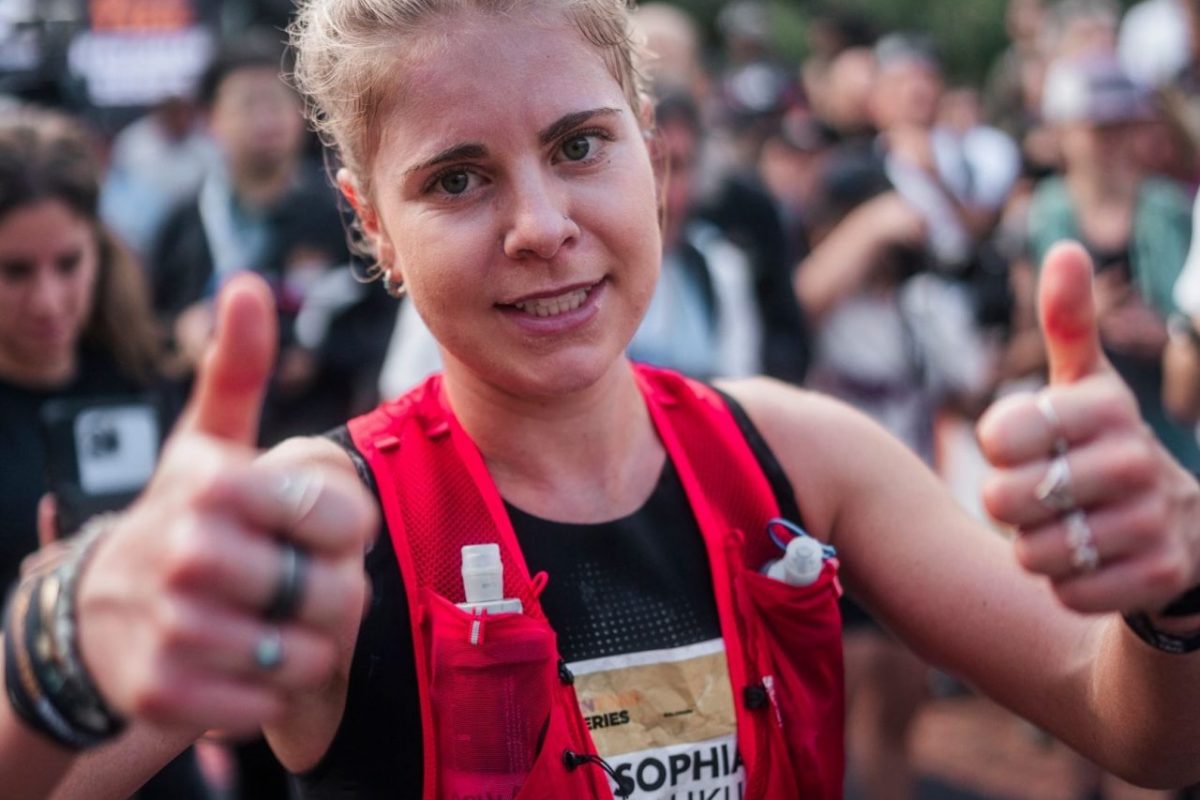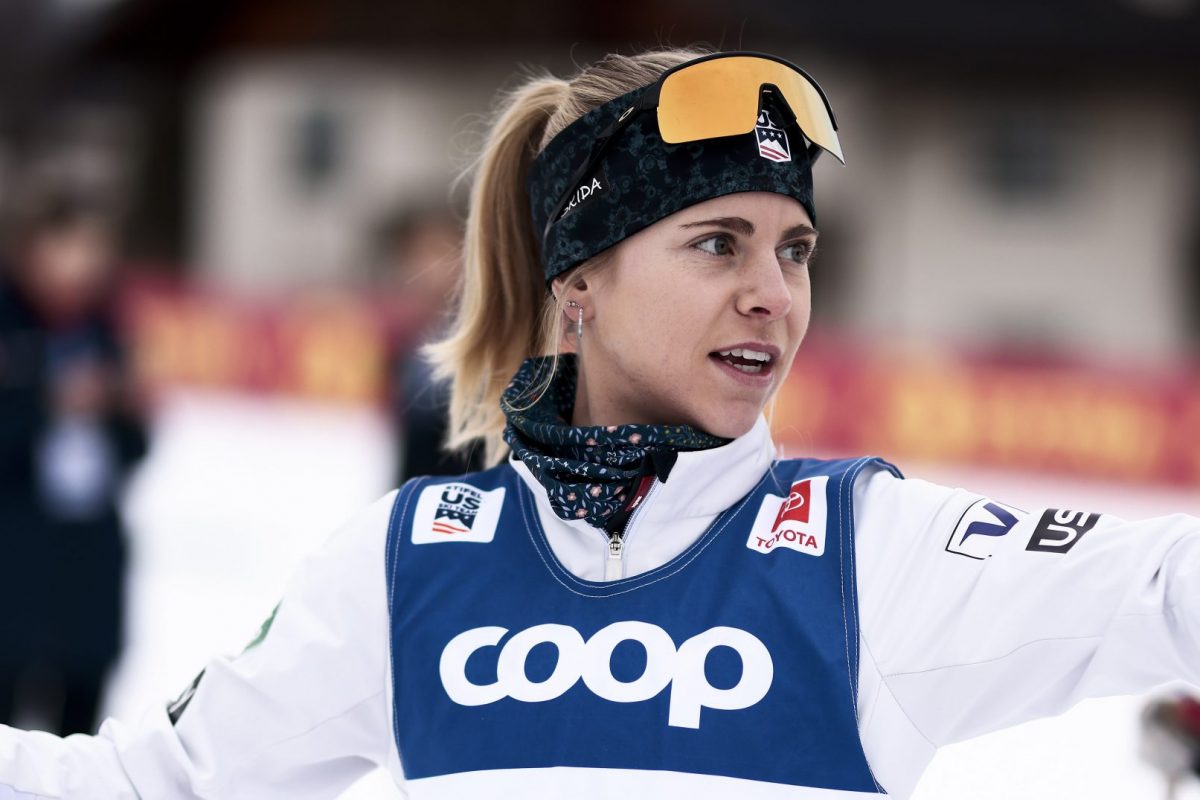
The 4×10 relay may very well be the marquee event of a major cross-country ski championship, providing the ultimate national bragging rights, and requiring four skiers to turn in top performances.
The last time a race of this magnitude was held on Norwegian soil was in 1997 at the World Championships in Trondheim. Norway dominated that event, putting over two minutes on the field and taking some measure of revenge for the beating handed out by the Italians at 1994 Olympics.
In ’94 Silvio Fauner outsprinted the great Bjorn Daehlie in the final 200 meters, the only disappointment in what has been called the greatest Olympics ever.
More recently Sweden skied away from the field to win gold at the Vancouver Olympics in 2010, leaving Petter Northug to stage one of the all-time great relay comebacks to take silver.
The big question here in Oslo comes down to those two teams – Sweden or Norway. Anchored by Northug, there is no question that the Norwegians will not be content with silver, while the Swedish men have been plagued by bad skis, and have been unable to get near the podium since the opening sprint.
Despite the Swedes holding position as Olympic Champions, it is hard not to pick Norway as the favorite. Classic skiers Eldar Roenning and Martin Johsnrud Sundby won silver and bronze in the 15k on Tuesday, while Tord Asle Gjerdalen, running the first skate leg, skied very well in the pursuit. At this point, Northug is the greatest closer in the sport, and with back-to-back silver in his last two events, he will be on a mission.
The key for Norway is Gjerdalen. This spot was open until after the pursuit, with the young Sjur Roethe and biathlete Emil Svendsen in the running. Many felt not going with Svendsen was a mistake, and they could be right. Gjerdalen is fast, but inconsistent. Plenty of time can be lost over 10 kilometers, but he will match up with Sweden’s weakest link as well – the veteran Anders Soedergren.
Despite recent struggles, the Swedes are still stacked. Daniel Rickardsson, foiled by bad skis in both distance races, is in top form, as is Marcus Hellner. Johan Olsson is no slouch, and on paper they match up well with their Norwegian counterparts. Don’t forget that Hellner bested Northug in the individual sprint, and made an impressive comeback in the second half of the pursuit after slow skis left him off the back in the classic.
Will Norway have an edge, coming in with all their skiers coming off top results, including five medals? They certainly should not lack confidence. Or will Sweden, fueled by disappointment, be the ones to put together four strong relay legs?
And it is certainly very possible that neither team will win. The deep men’s World Cup field features plenty of teams that on any given day could get it done. Yes, Sweden and Norway went one – two in Vancouver, but the Czech Republic was third, and France a close fourth, both right on Northug’s heals at the end.
France swaps out Emmanuel Jonnier, who lost out in the sprint in Vancouver, for Robin Duvillard and exchange Vincent Vittoz and Maurice Manificat – Vittoz will take the second classic leg and Manificat the first skate.
The Czechs field an identical team to their bronze medal squad. Martin Jaks, Lukas Bauer, Jiri Magal and Martin Koukal.
So much had to go right for both of these teams to finish where they did a year ago. The odds are not in their favor to

repeat.
The other medal contenders include Finland, Italy, Germany, Russia and Switzerland – an impressive number of teams.
Finland is racing very fast – Matti Heikkinen won the 15km classic, Sami Jauhojärvi was fifth and Ville Noussiainen eight. Jauhojärvi and Nousiainen also paired up to place fifth in the team sprint. The wild card, however, is Juha Lallukka, relatively unproven and not one to strike fear into the hearts of the competition. It will take a career day from Lallukka for the Finns to earn another medal.
Italy looks solid, and the addition of Roland Clara in exchange for Christian Zorzi – who anchored the 2006 Olympic team to gold, and the 2010 team to an unimpressive ninth – will help immensely.
Clara has taken a step forward this year, and veterans Giorgio DiCenta and Pietro Piller Cottrer know how to get it done. Valerio Checchi just needs to keep in contact on the scramble.
Of course, at the Vancouver Olympics, it was DiCenta, with an abysmal second leg that took the Italians out of the running.
Germany and Swtizerland both feature proven names, but also have not been skiing well. Axel Teichmann, Tobias Angerer and Jens Filbrich have been around the block, or in this case, the course, more than a few times. They still have something left, but have yet to breakthrough in Oslo.
Angerer has a pair of top-10’s and Teichmann cracked the first 15 in the 15k. Filbrich struggled in the pursuit, but also raced the team sprint with Tim Tscharnke – the two finished fourth, just feet from the podium.
Franz Goering rounds out the relay squad – he was 11th in the pursuit. Ultimately, however, solid is not good enough in the 4×10. All of these men will have to raise their game if they have any hope of being in contention.
Switzerland is even less likely to be in the fight. Despite winning a relay early in the season, they lack the consistency, especially with Curdin Perl suffering a hernia. He will race, but has not started yet at the Championships. Dario Cologna is the obvious leader, but without a strong Perl the Swiss don’t stand much of a chance. Toni Livers scrambles, Cologna runs second, Remo Fischer third, and Perl fourth.
Cologna has had a devastating week thus far, and is running out of chances. But he can only ski one leg, and his teammates are not in a position to pick him up.
Russia, on the other hand, should be considered the most likely to knock of Sweden and Norway.
Second leg skier Stanislav Volzhentsev finished fourth in the 15k, less than five seconds from a medal, while Maxim Vylegzhanin and Illia Chernousov won silver and bronze in the pursuit. They bookend the team with Vylegzhanin opening and Chernousov closing.
Alexander Legkov skis the critical third leg. He has been foiled by a combination of bad luck and bad skis in Oslo, but has proven this year that he is one of the best in the world.
It would certainly be unexpected to see Russia out of the running for the medals.
Team Canada came into the Championships as a medal long-shot, but with Alex Harvey’s decision to rest for the 50k, even that is gone. Devon Kershaw is one of the best in a 10k classic, but Len Valjas, while a world class sprinter, is still developing as a distance skier, and Harvey’s replacement, George Grey, is just not fit for top level World Cup racing this year.
Expect great performances from Kershaw, running first, and Ivan Babikov third, but short of a miracle, that will be nowhere near enough.
The US field a team of Andy Newell, Kris Freeman, Noah Hoffman and Tad Elliott.
If everything goes, well, the US could post a respectable result. This requires Newell to stay with the pack – something he pulled off in Sweden at the beginning of the season. Freeman is not in his best form right now, but can still be competitive, while Hoffman is hit or miss.
That trio performed very well at that first World Cup relay, and there is no reason they couldn’t do it again. Elliot has yet to prove his mettle on the international stage, so any expectations are unreasonable. If the US can turn in three solid legs, the day should be considered a success.
Relays are a different beast – so much comes down to where skiers are when they start their leg. The success of the Czechs last year at the Olympics likely had much to do with the fact that Jiri Magal started his leg with Manificat of France, and just behind Soedergren. Catching a ride can raise solid skiers to great heights.
The 4×10 is one of the most open events in terms of possible podium contenders, and with 40k of racing, there is plenty of time for drama.
Topher Sabot
Topher Sabot is the editor of FasterSkier.



